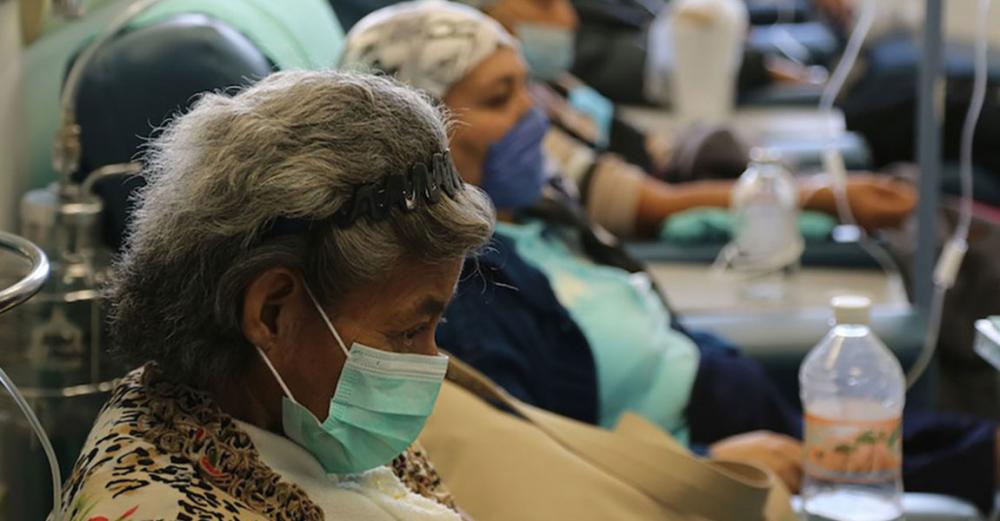Just Earth News | @justearthnews | 03 Jul 2020

New York: A likely link between processed and fried foods containing so-called “transfats” and ovarian cancer has been identified by UN scientists, they said on Thursday.
The International Agency for Research on Cancer (IARC) issued the announcement at the end of a study of nearly 1,500 patients suffering from the disease, which is the eighth most common cause of cancer death in women.
Previous, smaller studies have suggested a link between these industrially manufactured fatty foods and ovarian cancer, but the evidence has been “inconclusive” until now, said IARC’s Dr Inge Huybrechts.
“This is the first Europe-wide prospective study showing a relationship between intake of industrial trans fatty acids and development of ovarian cancer,” added the scientist from IARC, which is part of the World Health Organization (WHO).
Obesity and inflammation
Although there is limited research into the effect of transfatty acids on cancer development, previous studies have suggested that industrial trans fatty acids affect obesity and inflammation.
These are “known risk factors” for ovarian cancer according to IARC scientist and study co-author Dr Véronique Chajès.
This could explain, “at least partly, the positive association between these fatty acids and ovarian cancer”, she added.
There were nearly 300,000 new cases of ovarian cancer in 2018 and more than 184,000 deaths worldwide.
It is eighth most common cancer type and the eighth most common cause of cancer death in women.
Prevention strategies
Because the incidence of ovarian cancer is rising worldwide, prevention strategies are urgently needed; however, few preventable factors have been identified.
“These new findings are in line with the World Health Organization (WHO) recommendation to eliminate industrial trans fatty acids from foods”, said Dr Marc Gunter, head of the Section of Nutrition and Metabolism at IARC.
“This study provides new evidence that reduction in the consumption of industrially processed foods, including fast food, could help reduce the risk of ovarian cancer and many other chronic diseases, including other cancer types, that are related to higher consumption of industrial trans fatty acids.”